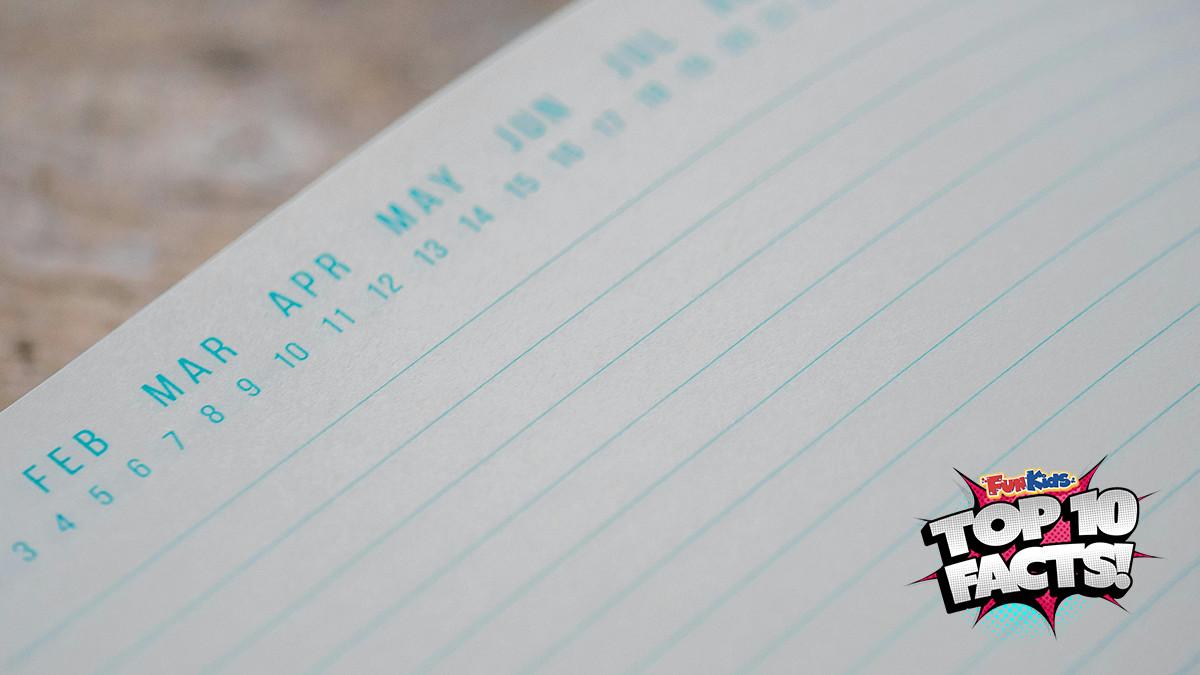Did you know not all years are created equal? Some years have extra days, missing days, or strange quirks that make them stand out in history. Dive into these fascinating, unusual years to discover how humans have tinkered with time!
1. 46 BC: The longest year ever!
The Roman calendar had gone so out of sync with the seasons that Julius Caesar added 90 extra days to realign it with the sun.
This made 46 BC a whopping 445 days long! Imagine celebrating three extra months of winter!
Caesar introduced the Julian calendar to fix the problem, and it eventually became the basis for the one we use today.
Embed from Getty Images
2. 1582: The year of lost days.
When Pope Gregory XIII introduced the Gregorian calendar, 10 days disappeared.
4th October jumped straight to 15th October. People were confused, and some even believed their lives had been shortened.
This change corrected errors in the Julian calendar, keeping Easter in spring and seasons on track.
Embed from Getty Images3. 1752: Britain’s missing September.
The UK was late to adopt the Gregorian calendar, finally switching in 1752.
To catch up, they skipped 11 days – 2nd September became 14th September.
Some people protested, demanding, “Give us our 11 days back!”.
Historians say these protests were exaggerated, but losing 11 days of wages certainly annoyed workers.
4. 2016: A leap year with a twist!
2016 wasn’t just a leap year with an extra day in February. It also gained a “leap second.”
Earth’s rotation is slightly uneven, so scientists occasionally add a second to keep atomic clocks accurate.
These tiny adjustments ensure technology like GPS and the internet stays in sync with real time.
Embed from Getty Images5. 1816: The year without a summer.
In 1816, a massive volcanic eruption in Indonesia sent ash into the atmosphere, blocking sunlight and causing global cooling.
Snow fell in June, crops failed, and people thought the world was ending.
It was a tough year for farmers, but it inspired Mary Shelley to write Frankenstein during a gloomy Swiss summer.
Embed from Getty Images6. 1700: The skipped leap year.
While most leap years add an extra day every four years, the Gregorian calendar skips leap years in centuries not divisible by 400. That’s why 1700 wasn’t a leap year.
This rule keeps our calendar aligned with Earth’s orbit, preventing it from drifting over time.
Embed from Getty Images
7. 1929: The year without weekends.
For five years, Soviet Russia experimented with a continuous working week called the “Eternal Calendar,” removing weekends.
Workers had staggered rest days instead. The experiment failed because people missed having a shared day off to relax and spend time with family.
8. 10000 BC: Before calendars existed.
Long before calendars, ancient people tracked time by watching the stars, moon, and seasons.
They didn’t worry about leap years or missing days but were experts at predicting natural cycles like harvests and solstices.
It’s a reminder that even without calendars, humans have always been fascinated by time.
Embed from Getty Images9. Calendar chaos!
After the Gregorian calendar was introduced, not all countries adopted it at once.
For centuries, Europe had two competing calendars, with dates differing depending on where you were.
Imagine planning a trip across borders and realising your “Monday” was someone else’s “Wednesday”!
10. 1873: Double New Year’s celebrations in Japan.
A long time ago, in 1873, Japan started using the same calendar we use today, called the Gregorian calendar.
But before that, they followed a special calendar based on the moon.
When the change happened, people had two New Year’s celebrations – one for the old calendar and one for the new!
This gave everyone double the fun and an extra chance to celebrate.
Embed from Getty ImagesLet me know if you’d like me to revise the whole list or make other updates!
These quirky years remind us that time isn’t just about numbers, it’s a fascinating mix of science, history, and human creativity. What’s your favourite weird year?
Add a commentTop 10 Facts
From the Tudors to rocks to fish, we have all the best facts right here!
More From Top 10 Facts



